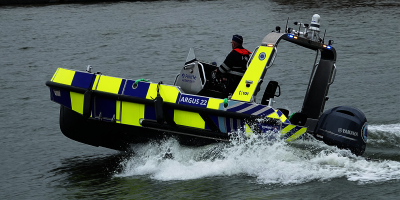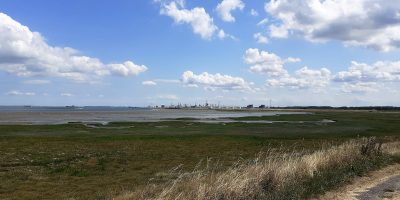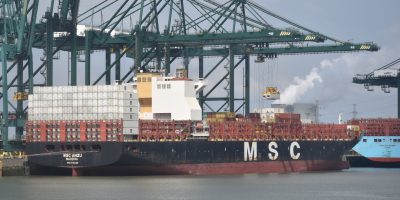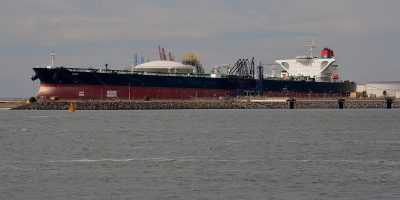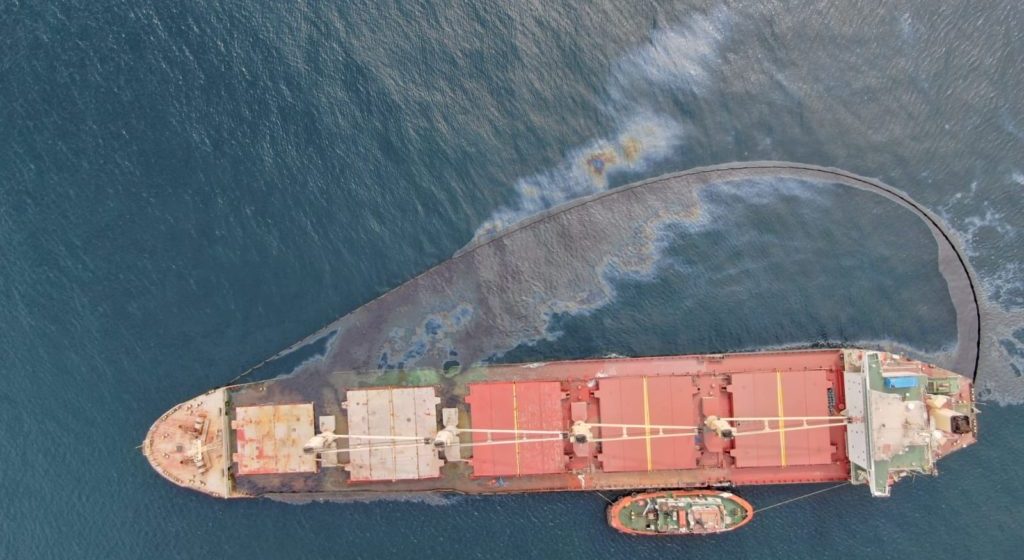
After almost two decades of negotiations, agreement has been reached on a new convention aimed at protecting biodiversity at sea. Shipowners’ association KBRV is already showing enthusiasm.
At the UN headquarters in New York this week, a new step was taken to protect the ocean. The treaty bears the name BBNJ, which stands for Biodiversity Beyond National Jurisdiction. The treaty aims to protect biodiversity and the fragile ocean.
Nature reserves
The most important thing in that new treaty is the so-called ’30×30′ target. The goal is to protect 30% of the sea by 2030. This will be done through so-called marine nature reserves.
In principle, freedom of navigation and economic activities apply in the high seas. Unlike the territorial sea (strip of sea bordering the land area of a coastal state, which controls it), no country has full control over the high seas. So that will now be restricted – at least for a percentage – for the benefit of environment and biodiversity. Other economic activities will also be subject to certain conditions or will be restricted in the high seas.
Dividing up the sea
By analogy with the COP (Conference of Parties) meetings for the general climate, future meetings are also planned for the follow-up of this convention. There will be some kind of redistribution mechanism through a central fund to share marine resources fairly.
Funding
Noble goals can only succeed if sufficient funds are available. Several countries and regions therefore made serious contributions. For instance, the European Commission promised $40 million for the implementation of this convention, in addition to announcing that the amount for ocean research would also be increased to €816 million.
Private and environmental organisations such as Bloomberg Philanthropies, the Global Environment Facility (GEF) and Oceans5 are also co-funding the elaboration.
Criticism
There has been some criticism of the new treaty. The main criticism comes from some environmental organisations who raise the point that the treaty does not affect ongoing projects and operating permits. Specifically, this means that polluting activities in protected areas can continue until the initial permit period has expired.
Belgium
The agreement was concluded within the framework of the United Nations. 193 countries co-signed the treaty, including Belgium as one of the founding members of the Blue Leaders Group. A collaboration between some of the leading oceanographic countries.
Belgium did more than sign it. Two experts from the marine environment department of FPS Public Health actively collaborated on the treaty. Minister Vincent Van Quickenborne also took part. Moreover, there are reportedly plans to move the secretariat for the follow-up of this convention to Brussels.
The Belgian Shipowners’ Association (KBRV) already showed enthusiasm.

